11 regional British stereotypes as portrayed on screen
As a new comedy disparages Northampton, we take a whistlestop tour of regional screen stereotypes
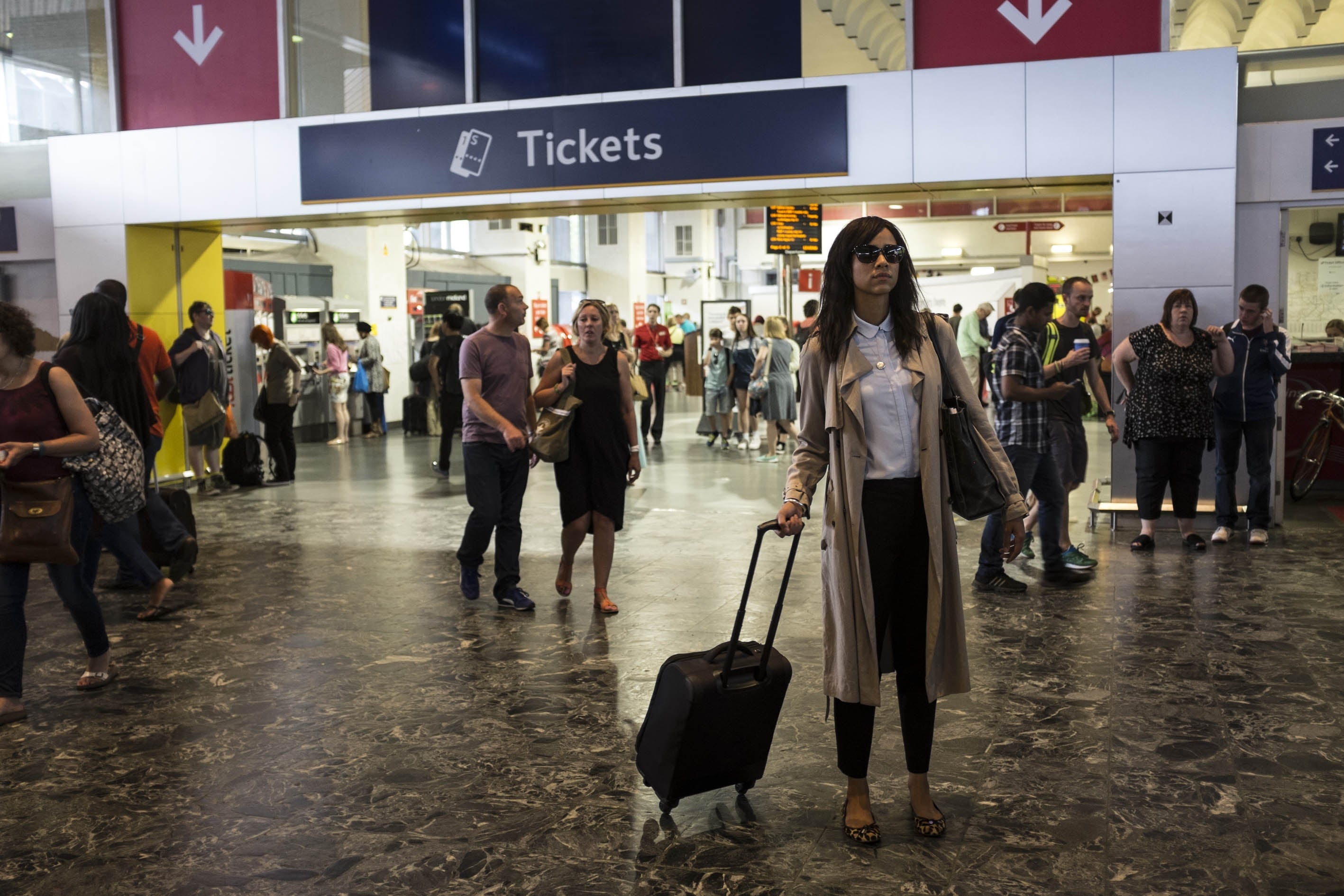
Your support helps us to tell the story
From reproductive rights to climate change to Big Tech, The Independent is on the ground when the story is developing. Whether it's investigating the financials of Elon Musk's pro-Trump PAC or producing our latest documentary, 'The A Word', which shines a light on the American women fighting for reproductive rights, we know how important it is to parse out the facts from the messaging.
At such a critical moment in US history, we need reporters on the ground. Your donation allows us to keep sending journalists to speak to both sides of the story.
The Independent is trusted by Americans across the entire political spectrum. And unlike many other quality news outlets, we choose not to lock Americans out of our reporting and analysis with paywalls. We believe quality journalism should be available to everyone, paid for by those who can afford it.
Your support makes all the difference.Starting next week, Channel 4’s Not Safe for Work should go down pretty well with most of the UK: a comedy of office politics with a great ensemble led by Zawe Ashton, it’s sharp, funny and well-acted. But there is one place where it probably won’t be winning any fans: Northampton, pitched as Britain’s crappiest town.
This is not necessarily true of course. (Have you ever been to Slough?) But for Ashton’s Katherine, a civil servant very much from London, it’s home to the Immigration Pathway Department, a “dumping ground” for the service’s worst staff; a suburban Siberia of open fields, affordable housing, and locals who’ve never even seen a Tube. For Katherine, there’s never been a hell so fresh. And you’ll never guess who’s just been relocated there.
Northampton isn’t the first place to get such a raw deal. Across the UK, towns, cities and regions have been cemented in the public imagination by TV and film – and rarely for the better. Just what screen stereotypes have been dished out to where you’re from? We take a whistlestop tour of Britain to find out...
LONDON
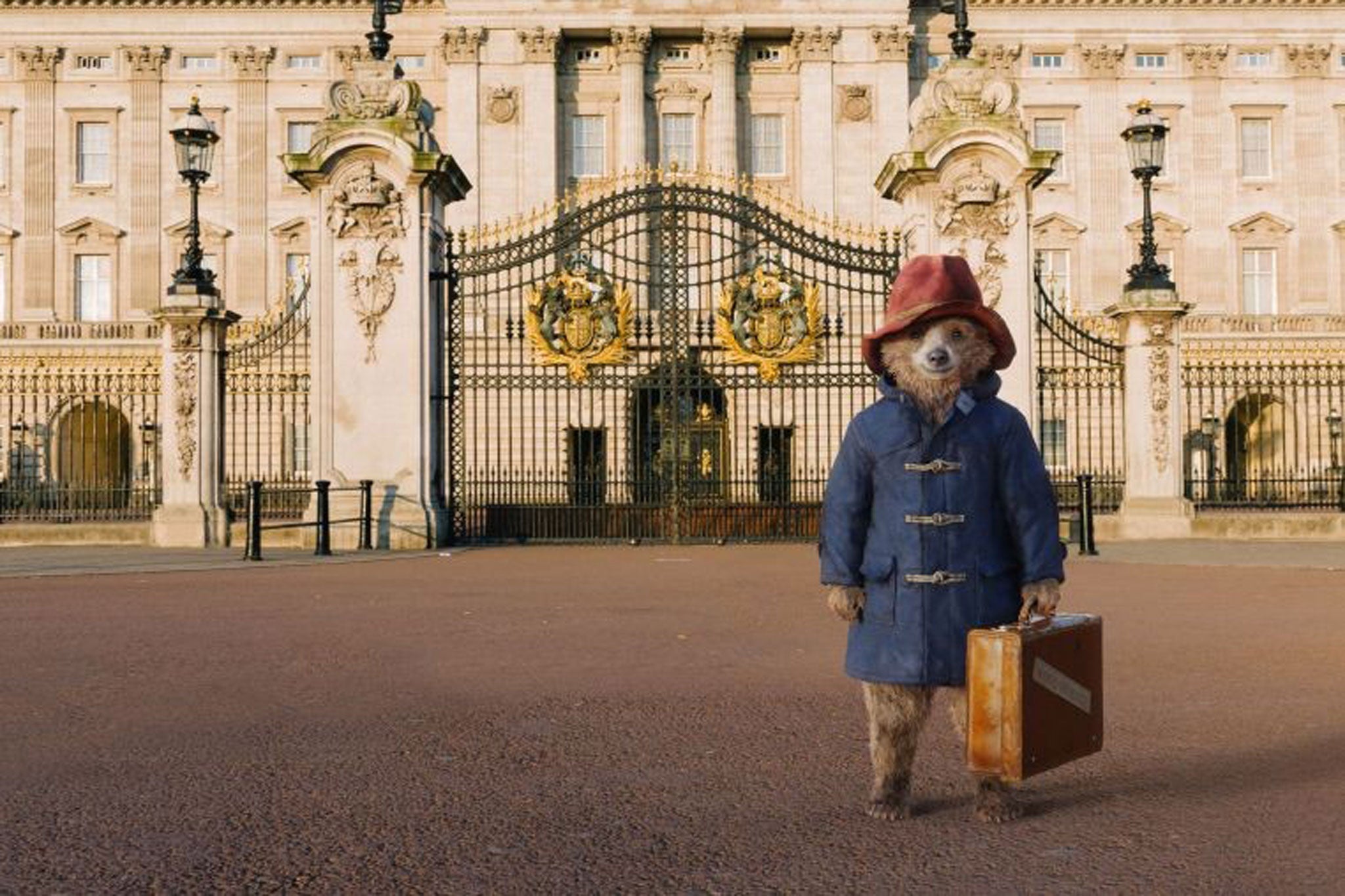
On-screen London – not unlike actual London – is a city divided by extremes. Long ruling the roost was the Richard Curtis caricature of films like Notting Hill and Love Actually; a bright, posh bizzaro world where Hugh Grant typifies a population that is twee, charming, and white. Yet with the exception of last year’s Paddington, it’s a tourist trap image that’s dying, increasingly replaced by a vision that is, at the opposite end of the spectrum, grey, grim and terrifying.
And we don’t mean EastEnders. Crime dramas have moved on from Guy Ritchie-esque romanticising of Cockney gangsters to portraying a Ukip fever dream of multicultural criminality: there are too many examples to list, but 2002’s Dirty Pretty Things (illegal immigrant organ thieves), 2007’s Eastern Promises (Russian sex-traffickers) and this year’s Hyena (Albanian gangs) are among the big-screen ones. While more recently, TV shows like Sherlock and Luther have turned the Big Smoke into a fantastical noir landscape, pitching it as a sort of rubbish Gotham.
SLOUGH
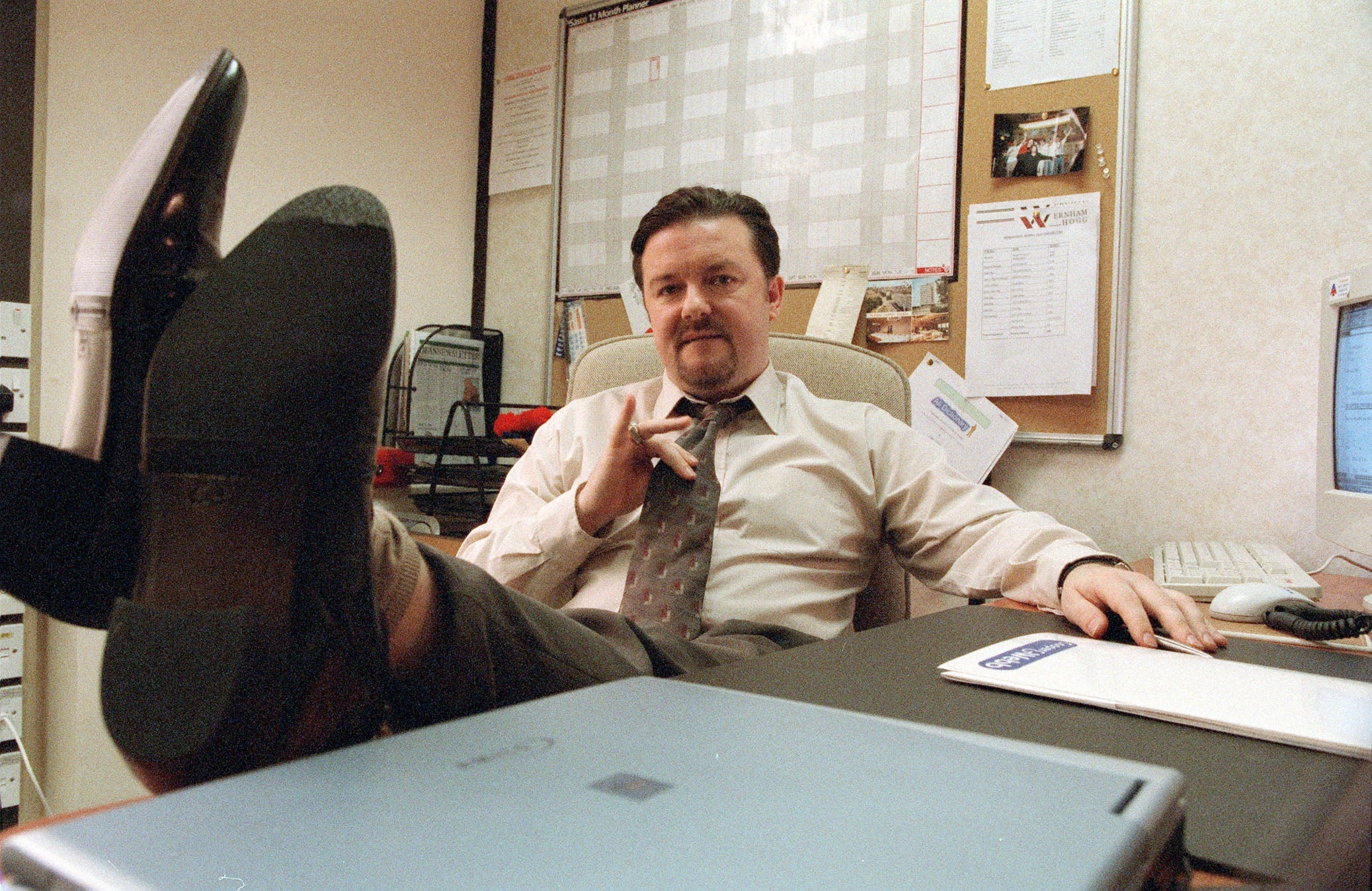
Imagine working in Slough. Imagine telling someone you work in Slough; forever waiting for them to quietly snigger or – even worse – do The Dance. For Ricky Gervais’ seminal 2001 sitcom The Office has ruined Slough more than John Betjeman’s poem (“come, friendly bombs and fall on Slough”) ever could, with the Berkshire town now immortalised as a post-industrial wasteland of ugly office blocks and banal, dead-end jobs.
It is the place that dreams go to die; an image that will no doubt be compounded even further this year with Sky 1’s Apocalypse Slough, where the future of civilisation will be humorously played out within its dour suburbs.
LIVERPOOL
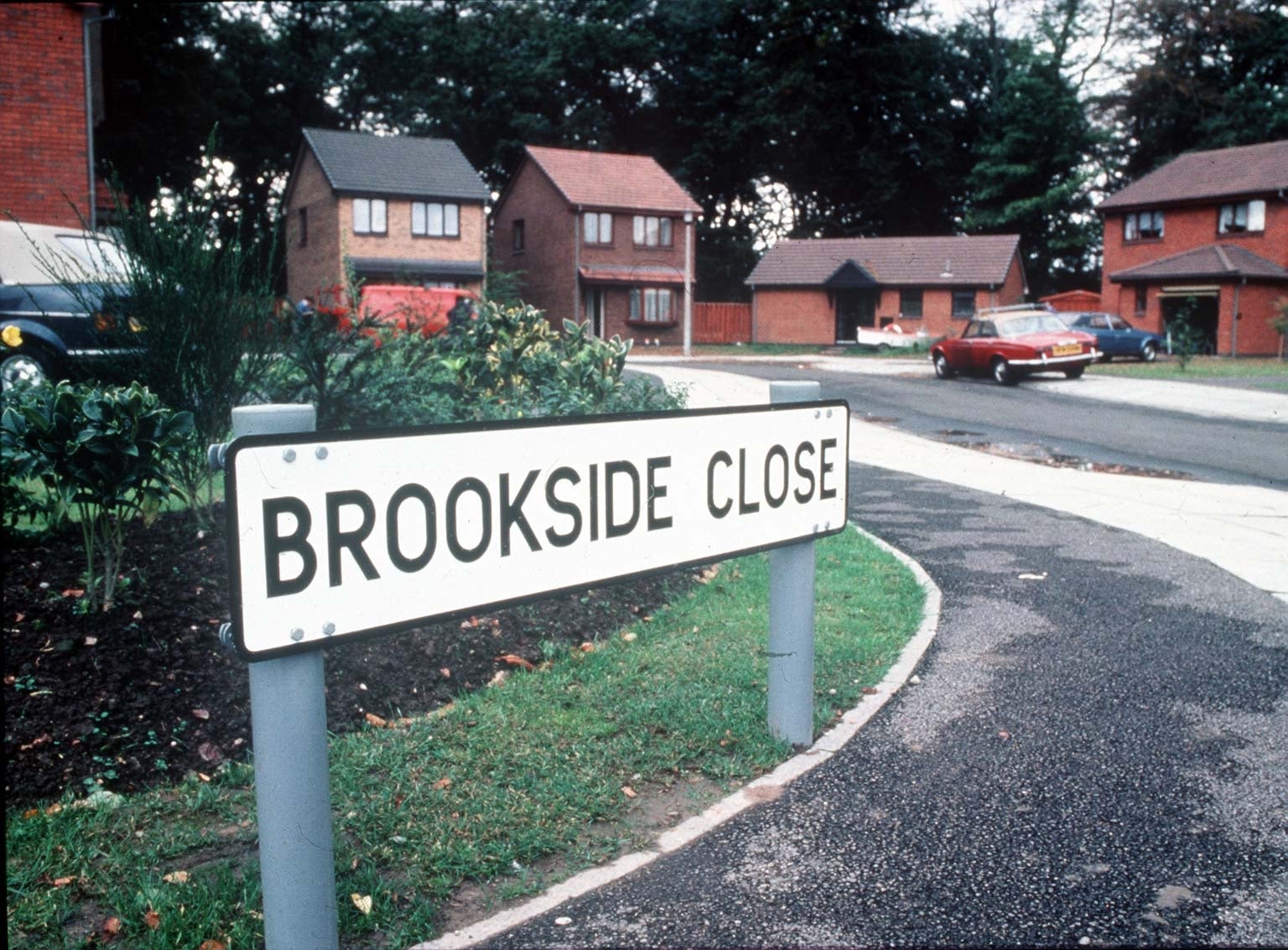
Liverpudlians understandably do not have a lorra lorra love for Harry Enfield and Chums’ 90s sketch The Scousers, which portrayed locals as shell-suited fans of bubble perms who couldn’t stop telling everyone to, “calm down!” It was originally inspired by two other fictional characters, Barry Grant and Terry Sullivan from soap opera Brookside, yet became an unshakable stereotype. To add insult to injury, TV and film have never really given Liverpool a chance to change the narrative.
The city’s most famous portrayals – in working class dramas like The Boys from the Blackstuff and Educating Rita – are from the 80s, while since then it has been relegated to period pieces like 2009 John Lennon drama Nowhere Boy and ITV Cilla Black biopic Cilla. Since Brookside finished in 2003, the closest thing Liverpool has had to a proper contemporary screen appearance is Hollyoaks, which is set in near-by Chester.

Watch Apple TV+ free for 7 days
New subscribers only. £8.99/mo. after free trial. Plan auto-renews until cancelled

Watch Apple TV+ free for 7 days
New subscribers only. £8.99/mo. after free trial. Plan auto-renews until cancelled
BELFAST
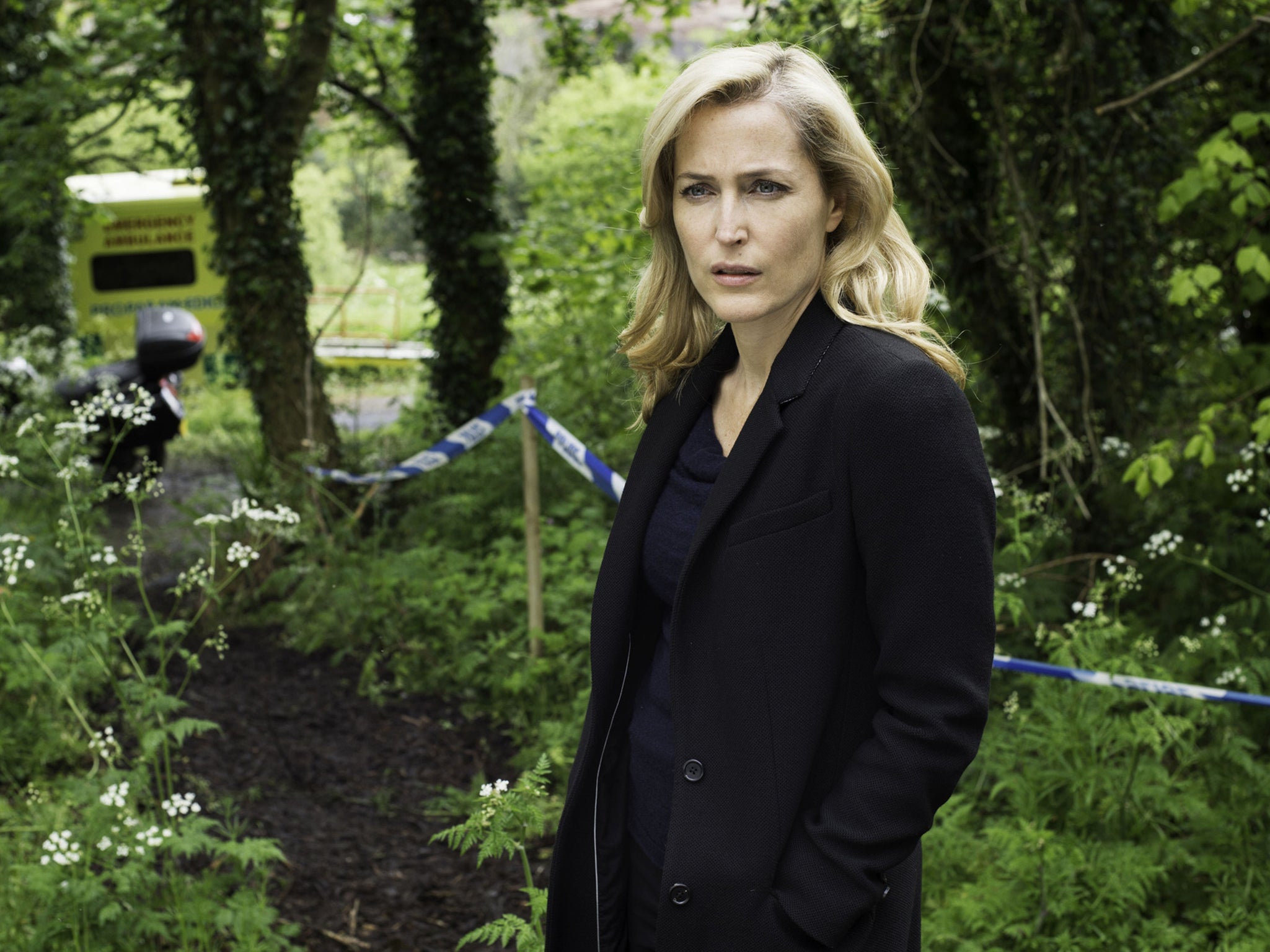
The Troubles hang heavy over the image of Belfast – and TV and film have not helped. Even beyond historical takes like 2002’s TV movie of the eponymous Bloody Sunday massacre and last year’s ‘71, about an English soldier at the conflict’s height, the city is rarely portrayed as anything other than tense and violent.
This is understandable, obviously – it’s Belfast’s greatest source of drama, and films such as 1997’s The Boxer have done good work in exploring their legacy. But then you get, ahem, less good work like 2013’s crass A Belfast Story, which sent out press packs containing balaclavas, nails and duct tape. BBC’s recent crime drama The Fall does at least focus on a different aspect of the city – even if that is a psychopathic serial killer.
MANCHESTER
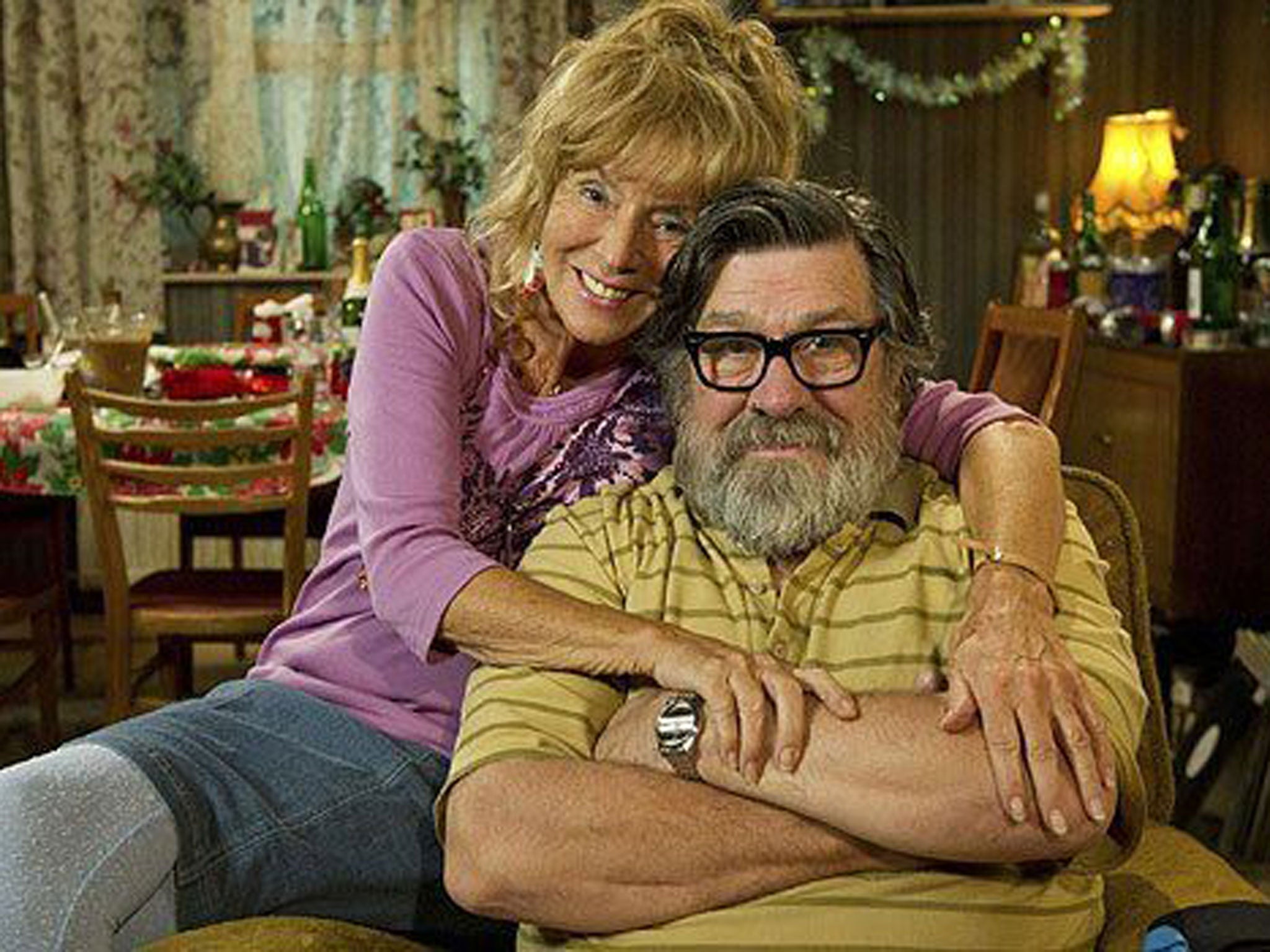
According to your dad, it’s grim up north. But you only have to see the joyful haven that is Manchester on screen to know that’s not the case. Admittedly, Paul Abbott’s Shameless may not have portrayed it as the most stable of places – but both it and Abbott’s recent crime drama No Offence do end up capturing a lot of the city’s warmth and wit as well.
While elsewhere, Manchester has more often than not been a place of funniness and/or cool, from films like 24 Hour Party People, about its legendary 80s music scene, and the uproarious East is East, to the low-key humour of Coronation Street, and sharp, edgy TV comedy like Cucumber, Fresh Meat and The Royle Family.
CORNWALL
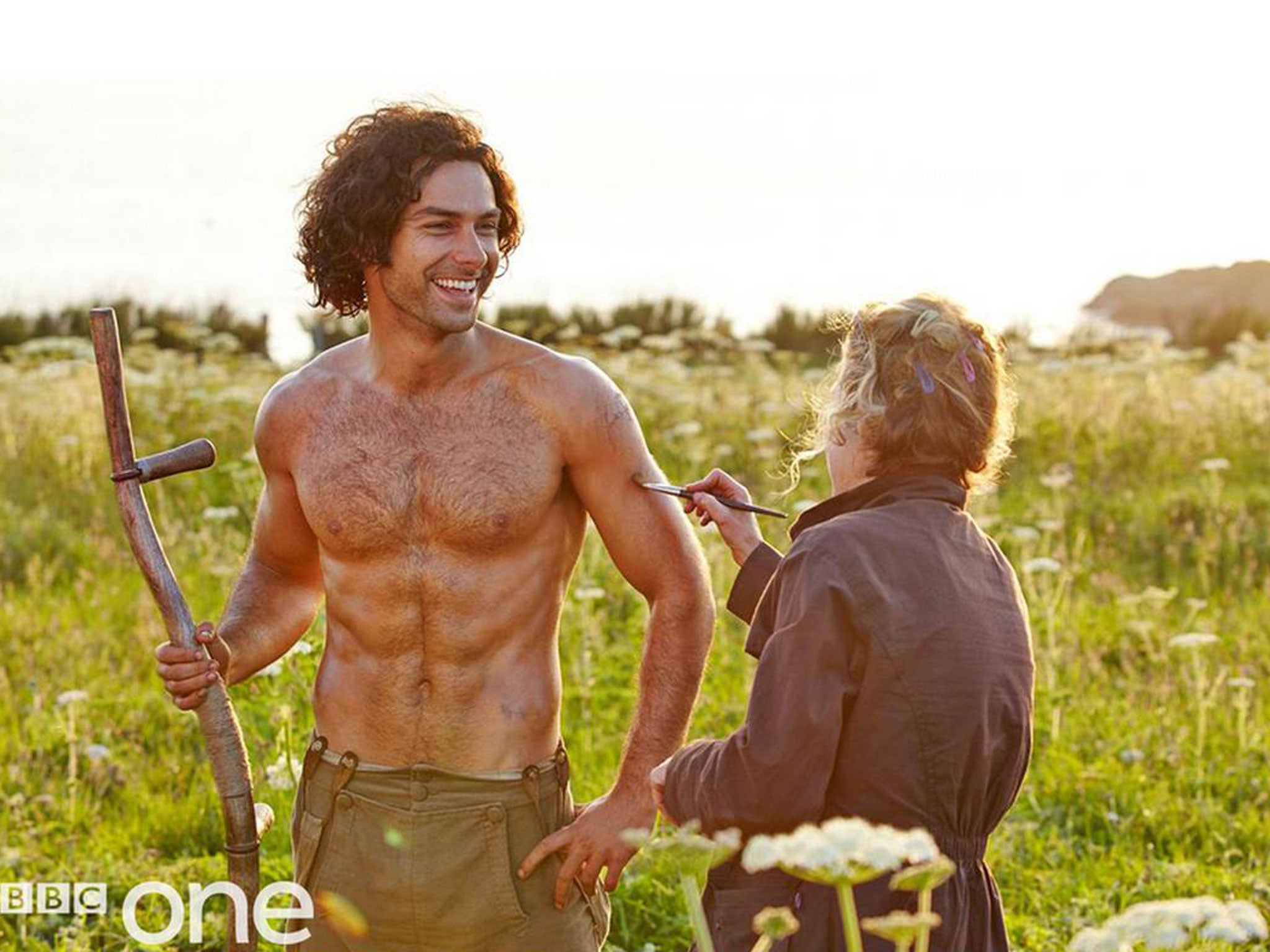
There is a certain TV hunk that has managed to make Cornwall look all the more sexier, with its rolling hills and beautiful beaches serving the perfect backdrop for this Adonis of sultry looks and luscious locks. Yet there’s more to Cornwall than Doc Martin. It also happens to be the setting of BBC1 historical drama du jour Poldark, and between those two it is now firmly enshrined as Britain’s most desirable county.
EDINBURGH
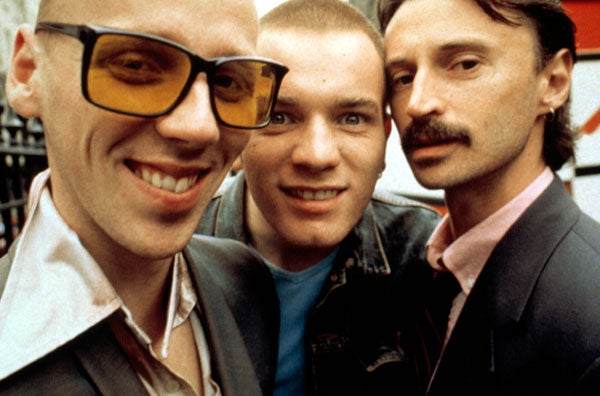
Edinburgh’s on screen identity is tricky to pin down. It’s most famous screen moment is Danny Boyle’s 1996 adaptation of Trainspotting, which – through the eyes of 80s heroin addicts – shows the capital of Scotland as a poor, decaying city of violent pubs and hellmouth loos. (Although, it should he noted that almost all of it was shot in Glasgow.)
Since then, Edinburgh has primarily been the setting for gritty detective dramas like 2000-2007 series Rebus and Case Histories, which finished in 2013. For a more flattering take on Edinburgh, there’s also 1969’s satire The Prime of Miss Jean Brodie, or BBC4’s 2009 drama pilot New Town, which forswore drugs or no nonsense cops to show off the city’s brighter, more arty side. A series was not commissioned.
BIRMINGHAM
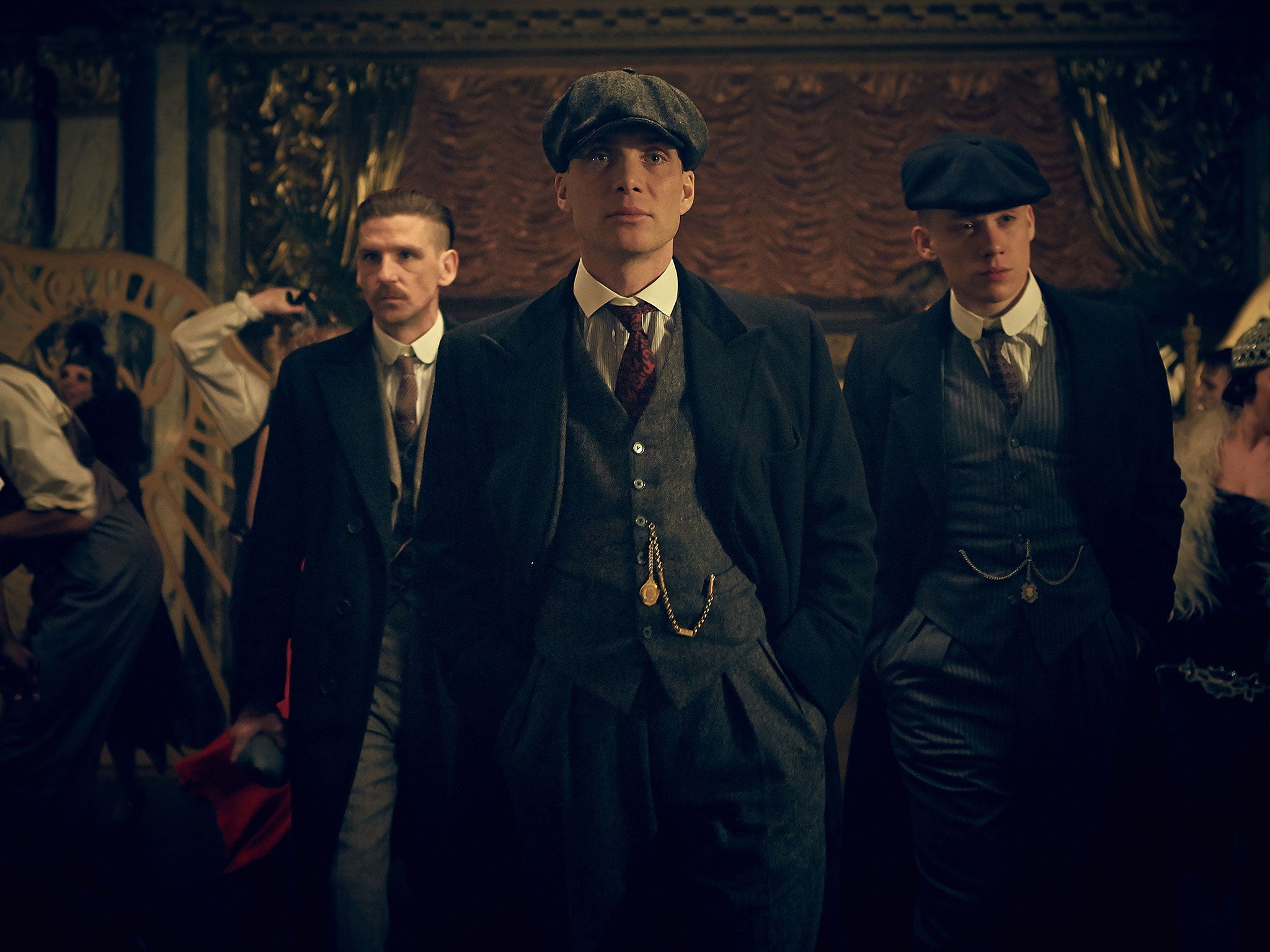
As far as TV and film are concerned, modern Birmingham might as well not exist. In fact, if it wasn’t for BBC2’s historical gangster drama Peaky Blinders, you wouldn’t even get the chance to hear a west Midlands accent on TV – and most of that was actually shot in Leeds and Liverpool. Still, no coverage is better than Crossroads. Anything is better than Crossroads.
CARDIFF
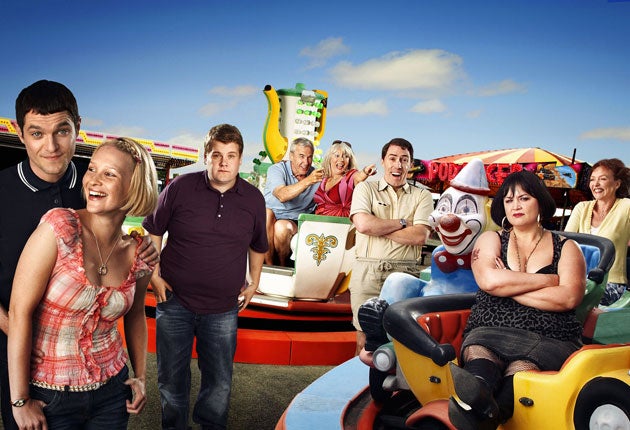
Despite a lot of BBC drama being filmed in Cardiff, not much is actually set there. Key appearances include a bit in Gavin and Stacey where they all – Rob Brydon’s Bryn included - go for a Big Night Out in the city and “the Cardiff rift” in Doctor Who’s adult spin-off Torchwood: a wormhole that leads the way for aliens, sex gas monsters and the like.
So far, so representative. There is also Wales’ very own Caerdydd (‘Cardiff’), S4C’s gritty, youth drama about the capital, though, given it’s it in Welsh, this darker side of Cardiff remains unseen by the rest of the UK.
NEWCASTLE
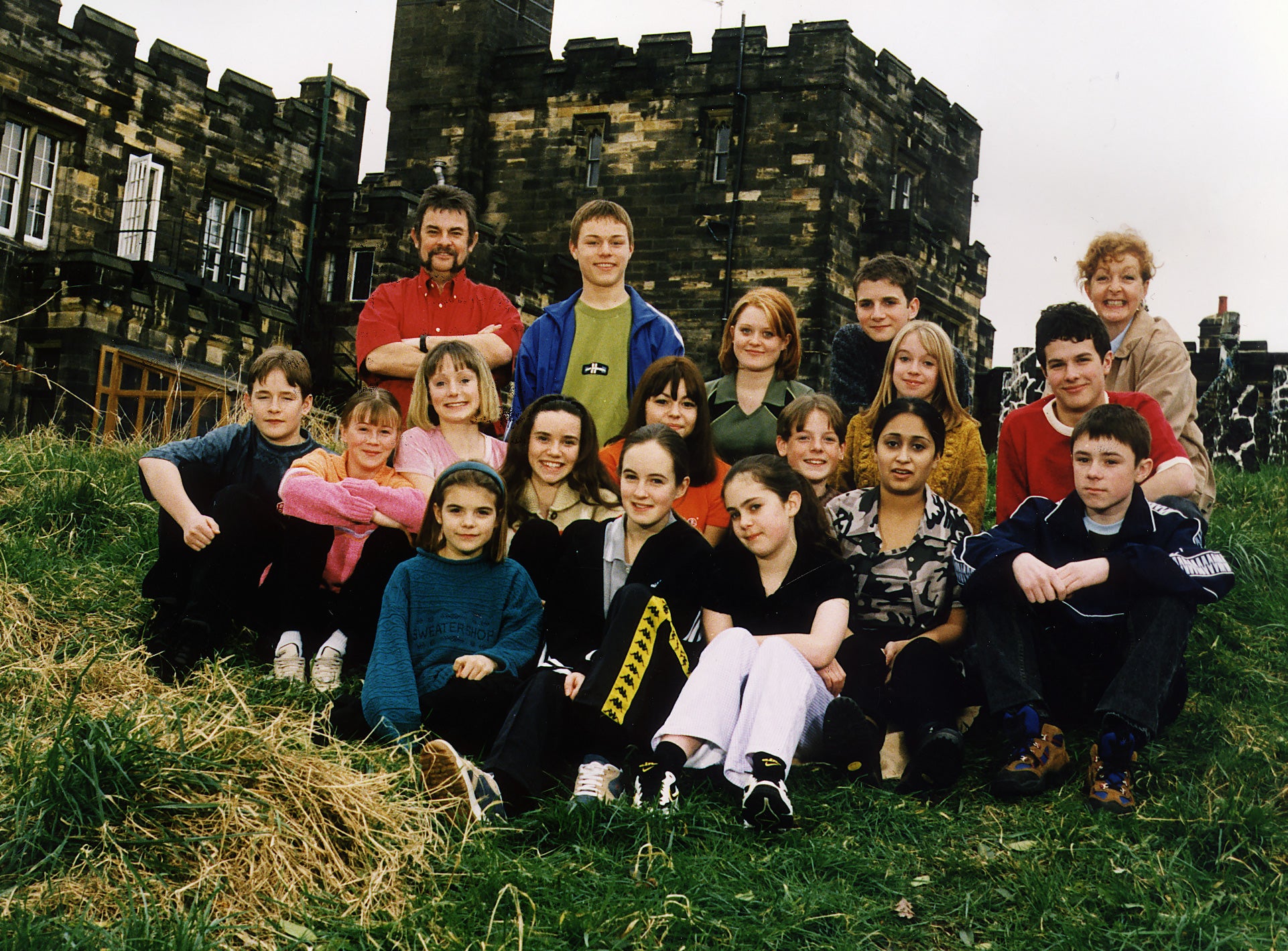
Unless you count Geordie Shore – which you definitely shouldn’t – modern Newcastle hasn’t had much of a chance to update its image since the end of Byker Grove, the 90s teen drama that would give the city its greatest cultural export: Ant and Dec. And even then, most Brits of a certain age will associate the city with shows like Dick Clement and Ian La Frenais’ 60s sitcom The Likely Lads and their 1983 follow-up Auf Wiedersehen, Pet. The latter, while mostly set abroad, did at least address unemployment under “Margaret bloody Thatcher,” which ravaged the north-east in the 80s.
YORKSHIRE
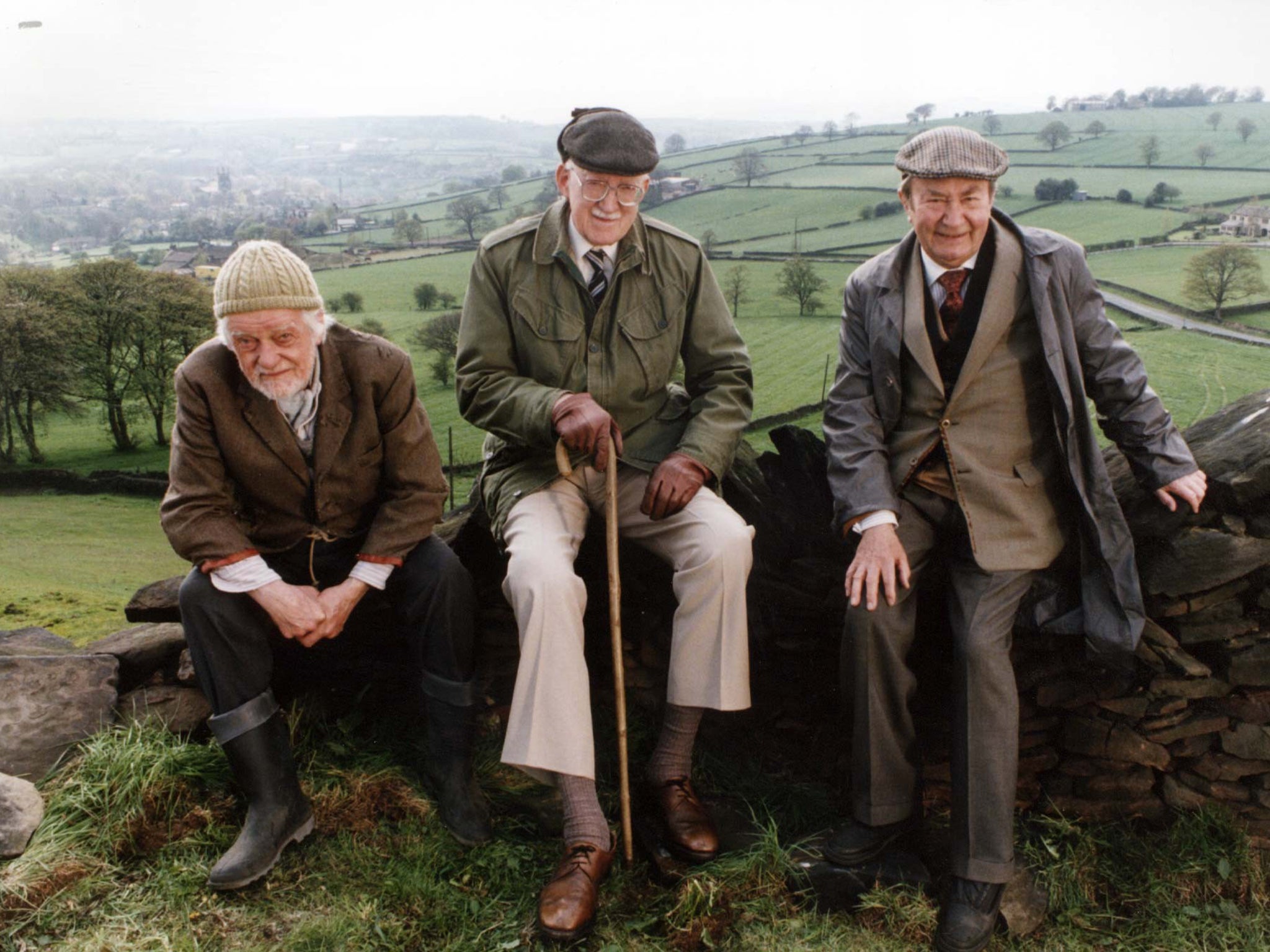
A wide expanse of towns, cities and dales it may be, but Yorkshire has two clear screen identities: the warm-hearted county of lovable underdogs as showcased in a whole sub-genre of films including The Full Monty, Brassed Off, Calendar Girls and Little Voice, as well as Sunday teatime TV like Last of the Summer Wine and Heartbeat.
And the shire of unremitting bleakness propagated by social realist films stretching from Ken Loach’s seminal Kes to 2011’s Tyrannosaur, which features a scene in which Peter Mullan kicks his own dog to death; see also, on the small screen, Channel 4’s Red Riding trilogy and BBC1’s Happy Valley.
‘Not Safe for Work’ begins on Channel 4 on 30 June at 10pm
Join our commenting forum
Join thought-provoking conversations, follow other Independent readers and see their replies
Comments